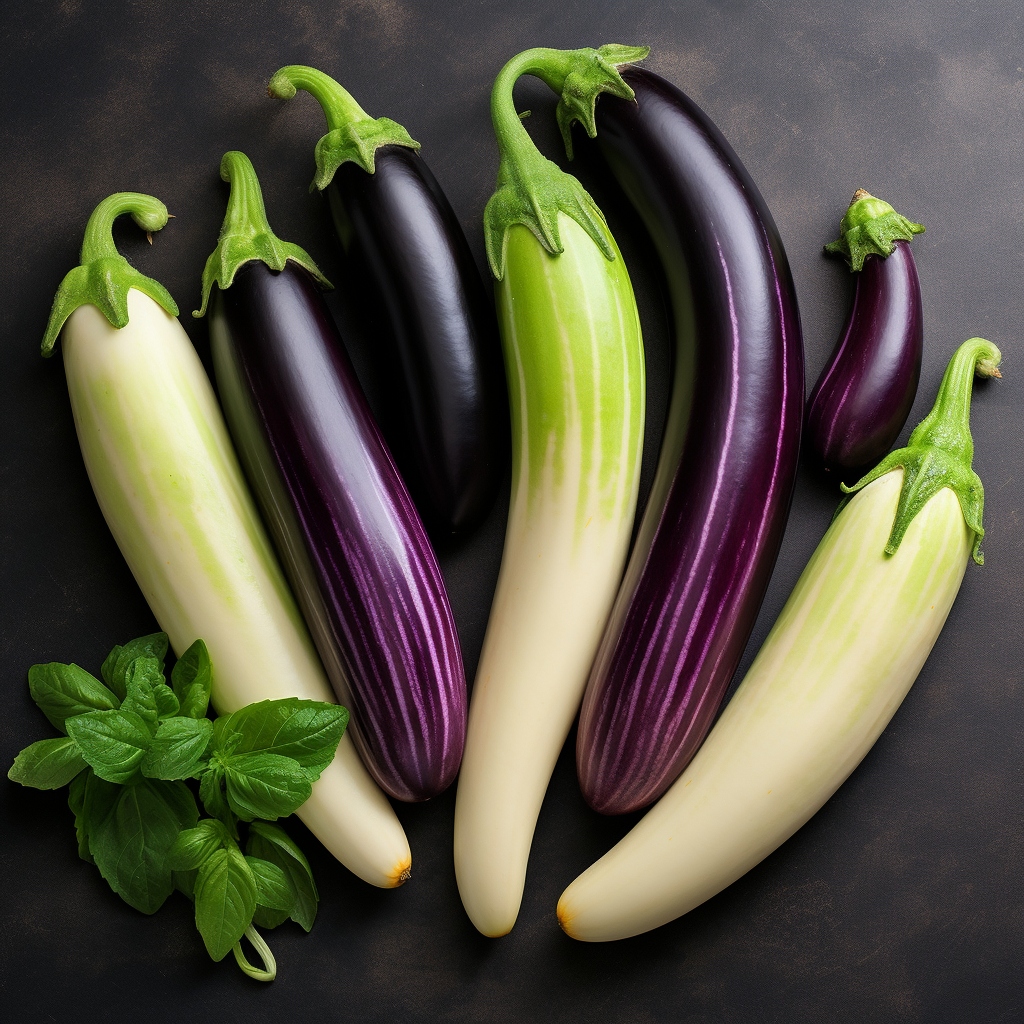
If you’ve always considered eggplant a vegetable, you’re not alone. But did you know that, botanically speaking, eggplant is, in fact, a fruit? Join us on a journey through the intriguing world of eggplant, exploring why it’s classified as a fruit, its botanical background, and uncovering some fascinating facts about this versatile ingredient.
Decoding the Botanical Definition of Fruit
Before we unveil the truth about eggplant, let’s establish what makes a fruit, botanically speaking. According to the Oxford English Dictionary, a fruit is defined as “the sweet and fleshy product of a tree or other plant that contains seed and can be eaten as food.” However, in botanical terms, a fruit is any structure originating from a flowering plant’s ovary that contains seeds. This means that numerous items we commonly perceive as vegetables, such as tomatoes and peppers, technically qualify as fruits.
The Botanical Classification of Eggplant

So, why is eggplant considered a fruit? Eggplant belongs to the nightshade family, a group that also includes tomatoes, peppers, and potatoes. Like its nightshade relatives, eggplant is a fruit because it develops from a flower’s ovary and houses seeds. More specifically, eggplant falls into the category of berries, fleshy fruits with multiple seeds embedded in their flesh. Other familiar berries encompass strawberries, blueberries, and raspberries.
The Culinary Conundrum
Despite its botanical fruit status, eggplant is consistently regarded as a vegetable in culinary circles. The reason for this lies in its common usage in savory dishes and its distinctive flavor and texture, which differs significantly from the sweetness of typical fruits. In fact, the United States Supreme Court even waded into the debate over whether tomatoes should be deemed fruits or vegetables in the late 1800s. The Court ultimately decreed that, from a culinary perspective, tomatoes should be classified as vegetables, a precedent that eggplant follows.

Fascinating Eggplant Facts
Now that we’ve demystified why eggplant is botanically a fruit, let’s delve into some captivating facts about this adaptable ingredient:
- Historical Roots: Eggplant is believed to have originated in India and was initially cultivated around 1500 BC.
- Egg-Inspired Name: The moniker “eggplant” owes its origins to early eggplant varieties, which were small, white, and bore a resemblance to eggs.
- Nutritional Gem: Eggplant boasts fiber and antioxidant content while being low in calories, making it a healthy addition to your meals.
- Medicinal History: In various cultures, eggplant is thought to possess medicinal properties, used to treat a range of ailments.
- Diverse Varieties: Eggplant comes in numerous forms, including the familiar large purple variety and smaller versions in various colors such as white, green, and even striped.
In conclusion, while eggplant is indeed a fruit from a botanical perspective due to its ovary-derived origins and seed-bearing nature, it is predominantly characterized as a vegetable in culinary settings. Regardless of its classification, eggplant remains an incredibly versatile ingredient with an array of health benefits. So, the next time you’re cooking with eggplant, you can proudly say you’re preparing a fruit!

Cat-Friendly Gardening: Creating a Safe Haven for Your Feline Friends
Table of Contents Introduction Hey there, fellow feline enthusiasts! 🐾 Welcome to a space where your garden becomes not just a patch of green but

From Lilies to Sago Palms: Protect Your Cat from These 10 Toxic Plants
Table of Contents Introduction: Keeping Your Furry Friend Safe from Toxic Plants Hey there, fellow cat lovers! We all know our feline companions can be

Cat Nutrition 101: Decoding Labels & Essential Nutrients A-Z!
Table of Contents Introduction As a cat owner, you want nothing but the best for your furry feline friend. And that includes providing them with
